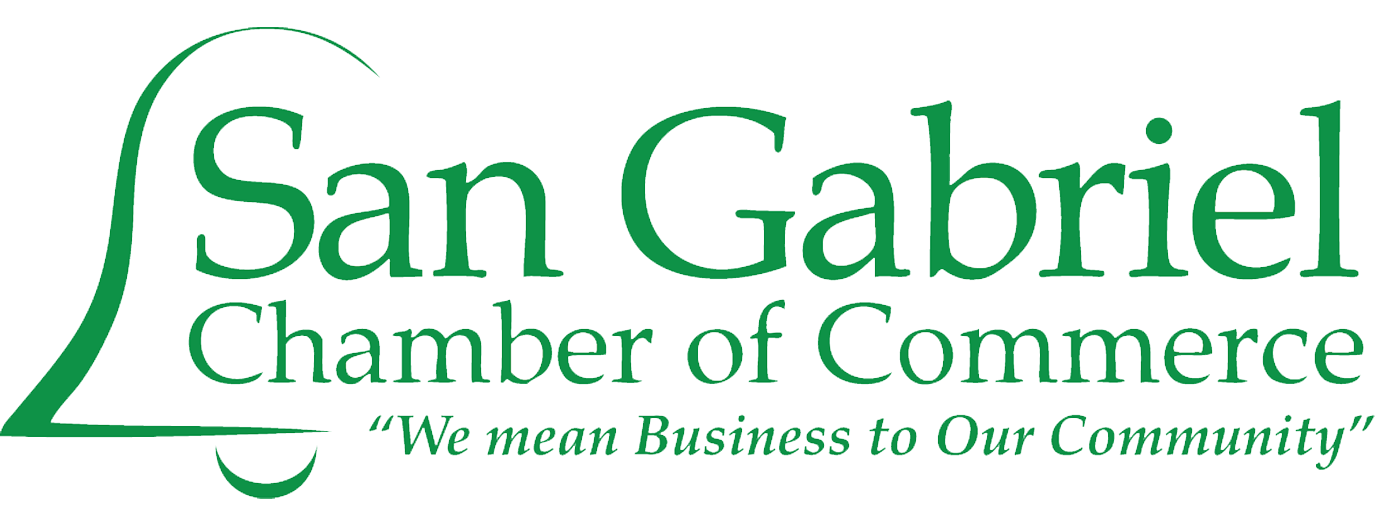When it comes to making decisions about assisted living, many families struggle with fear, guilt, or confusion—often fueled by outdated myths. These misconceptions can delay important decisions, or worse, cause seniors to miss out on a community and care environment that could improve their quality of life.
At Trinity Hills Estates in Arcadia, CA, we believe in transparency and education. That’s why we’re tackling the most common myths about assisted living and giving you the real facts. This guide is designed to help adult children, seniors, and caregivers make informed, confident choices.
Myth #1: Assisted Living is the Same as a Nursing Home
The Myth: All senior care communities are alike. If your loved one goes into assisted living, it’s basically a nursing home.
The Fact: Assisted living and nursing homes serve very different purposes. Nursing homes are clinical environments designed for people who need around-the-clock medical care—often due to severe illness or disability. Assisted living, on the other hand, supports seniors who are mostly independent but benefit from help with daily activities like bathing, dressing, or medication management.
At Trinity Hills Estates, our community feels like a home—not a hospital. Residents live in private or semi-private suites, enjoy restaurant-style dining, join in social events, and maintain their daily routines with dignity. Medical support is available, but the focus is on independence and enrichment.
Myth #2: Moving to Assisted Living Means Losing Independence
The Myth: Assisted living takes away your freedom. Seniors lose control of their schedules, meals, and choices.
The Fact: The goal of assisted living is actually to preserve independence—not remove it. By providing just the right level of support, assisted living allows seniors to do more of what they enjoy safely.
Residents at Trinity Hills Estates can:
- Choose when to wake up, eat, and participate in activities
- Customize their care and daily routines
- Decorate their rooms to feel like home
- Come and go as they please (unless safety requires otherwise)
Instead of being confined, seniors find that assisted living frees them from the burdens of cooking, cleaning, or managing medications—giving them more energy for hobbies, socializing, and personal growth.
Myth #3: Assisted Living Is Only for People with Serious Health Issues
The Myth: Assisted living is for people who are very sick or unable to care for themselves.
The Fact: Many seniors move to assisted living before serious health problems develop. Assisted living is designed for individuals who may need help with a few activities of daily living but are still active, social, and mentally sharp.
At Trinity Hills Estates, we encourage early transitions because:
- It allows residents to build community before a crisis hits
- Preventive support can help avoid falls, isolation, or medication errors
- Moving before a major health issue makes the transition smoother and less stressful
Seniors who move early often report higher life satisfaction, better health outcomes, and stronger relationships with caregivers and peers.
Myth #4: Assisted Living Is Too Expensive for Most Families
The Myth: Assisted living is only for the wealthy. Most families can’t afford it.
The Fact: While assisted living is an investment, it often costs less than maintaining a home with full-time in-home care. When you consider mortgage, property taxes, utilities, food, home modifications, and private caregivers, the monthly costs often rival or exceed assisted living rates.
Trinity Hills Estates offers:
- All-inclusive pricing (housing, meals, housekeeping, and personal care)
- No long-term contracts
- Help navigating long-term care insurance and VA Aid & Attendance benefits
- Flexible care levels so residents only pay for what they need
Families are often surprised to learn how manageable the costs become when comparing apples to apples. We’re always happy to walk you through personalized cost comparisons.
Myth #5: Seniors Are Lonely and Bored in Assisted Living
The Myth: Once a senior moves into assisted living, they become isolated or bored because they’ve left their old life behind.
The Fact: Most seniors find their social lives improve dramatically in assisted living. No more waiting for someone to call or drive them. They’re surrounded by peers and supported by a staff that fosters connection and engagement.
At Trinity Hills Estates, we offer:
- Daily social activities like arts, games, music, and exercise
- Special events and family gatherings
- Group outings to local parks, restaurants, and attractions
- Shared dining rooms that encourage friendships
We help residents reconnect with their passions—or discover new ones. Isolation doesn’t have to be part of aging.
Myth #6: Families Can’t Stay Involved After a Loved One Moves In
The Myth: Moving to assisted living means the family’s job is done. You’re handing your parent over to someone else.
The Fact: Families are not only welcome—but encouraged—to stay involved. At Trinity Hills Estates, we view assisted living as a partnership. We keep families informed and engaged.
Family members can:
- Visit anytime and share meals
- Join in on activities and events
- Attend care planning meetings
- Communicate directly with staff
Many families tell us that once their loved one is in assisted living, they can finally return to enjoying their time together—without the stress of being the primary caregiver.
Myth #7: It’s Too Late to Make the Move
The Myth: If your parent is already struggling, it’s too late for assisted living. Only nursing homes can help now.
The Fact: It’s almost never too late. Trinity Hills Estates serves residents at various levels of mobility and care. Even seniors with memory loss, chronic conditions, or limited movement may qualify for assisted living, especially if they don’t need 24/7 medical monitoring.
Our team evaluates each situation individually. If assisted living is appropriate, we’ll customize a plan. If not, we’ll help you explore the right next step, like memory care or hospice coordination. What matters most is your loved one’s safety, comfort, and dignity.
Conclusion
Assisted living today is built on dignity, not dependency. It’s designed for older adults who want to stay active, safe, and engaged—without the stress of managing everything on their own. Unfortunately, many myths still cloud the reality, making families hesitant to take the next step. That’s why it’s so important to rely on facts, not fears.
At Trinity Hills Estates, we see residents thrive every day—regaining energy, rebuilding friendships, and rediscovering joy. From personalized care and vibrant social events to flexible lifestyles and family involvement, assisted living can be a new chapter full of opportunity.
Making the right decision starts with clear, honest information and a willingness to ask, explore, and learn. We’re here to help you navigate the journey with confidence and compassion.
Contact Trinity Hills Estates in Arcadia today to see how we’re reshaping assisted living with care, community, and connection





